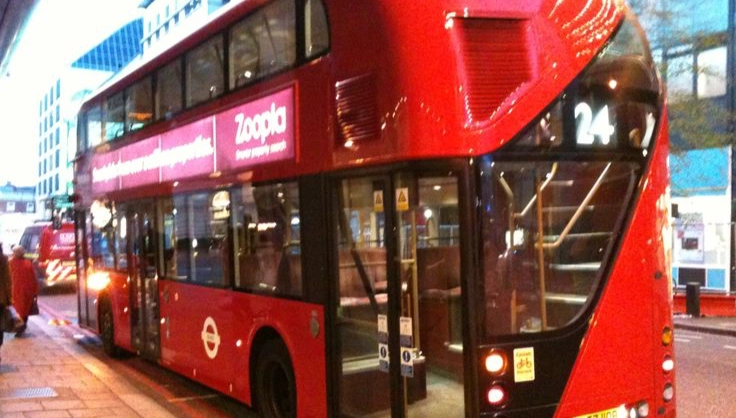Traveling by Bus in Turkey: Affordable, Convenient, and Surprisingly Comfortable
ntercity bus travel is one of the most popular and efficient ways to explore Turkey. This vast and diverse country offers hundreds of destinations — from the bustling metropolis of Istanbul to the Aegean resorts, from the fairy chimneys of Cappadocia to the Mediterranean coast of Antalya. While the railway network is limited in some regions, buses form the backbone of domestic transport in Turkey.
Turkish intercity buses stand out for their high level of service, often surpassing their European or post-Soviet counterparts. Most vehicles feature spacious seating, air conditioning, onboard entertainment systems, USB ports, and — most impressively — complimentary onboard service. On many buses, passengers are served tea, coffee, water, juice, and light snacks at no additional charge. Each vehicle typically has a steward (muavin) responsible for assisting travelers and ensuring a pleasant journey.
One of the key advantages of bus travel in Turkey is the frequency of departures and easy ticket availability. From almost any city, travelers can find multiple departures daily to virtually every corner of the country. Large cities have central bus terminals (Otogar) that serve dozens of destinations. Tickets can be purchased online via carrier websites, travel apps, aggregators, or directly at the bus terminal. Fares are generally affordable, making bus travel an attractive option for budget-conscious tourists.

Some of the most reputable intercity bus companies include Metro Turizm, Pamukkale, Kamil Koç, Varan, and Ulusoy. Each company offers different levels of comfort, service, and route coverage. Metro Turizm is one of the largest and most widespread operators, known for its online ticketing system. Pamukkale offers business-class buses and upgraded onboard amenities. Kamil Koç has a strong reputation for punctuality and reliability.
Most buses depart according to a fixed schedule and make planned rest stops at roadside cafés or service stations, allowing passengers to eat and stretch their legs. These breaks are especially appreciated on long-haul routes such as Ankara–Van or Istanbul–Diyarbakır, which can last 12 to 18 hours. Overnight buses are also common, helping travelers save time and avoid paying for an extra night of accommodation.
The comfort of bus travel in Turkey is enhanced by the country’s well-maintained highway system. Wide roads, regular speed checks, and frequent rest areas make the journey safe and pleasant. Unlike in some other countries, buses in Turkey are not considered a last resort — they are a respected and widely used form of transport for all demographics.

Traveling by bus not only connects you to major tourist hubs but also opens the door to lesser-known and culturally rich regions like Trabzon, Gaziantep, Konya, Mardin, and Erzurum. Often, the journey between destinations becomes a highlight itself, offering insight into Turkey’s geographical and cultural diversity — from landscapes to languages, from regional cuisine to customs.
If you're looking to experience the real Turkey, understand its daily rhythm, and save money while traveling comfortably, intercity buses are an excellent choice. They offer a reliable, affordable, and surprisingly comfortable way to see the country without missing a single turn.
Close